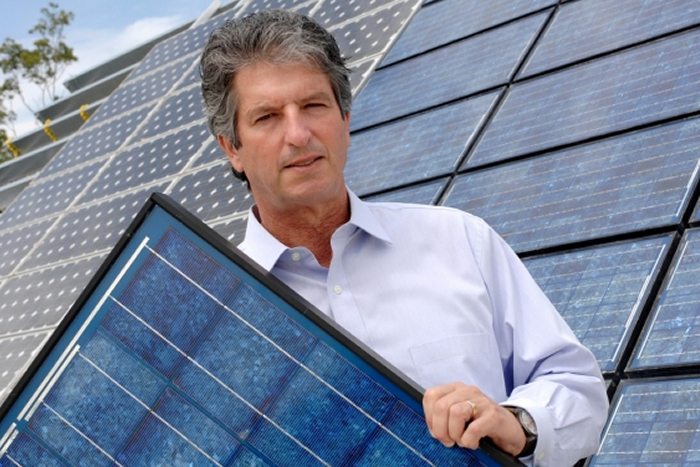
Professor Rose Amal | Image: UNSW
University of New South Wales chemical engineer Scientia Professor Rose Amal has been awarded companion of the order of Australia (AC), for her eminent service to chemical engineering.
Professor Amal moved to Australia in the early 1980s from Medan, Indonesia to study at UNSW. Today, she heads UNSW’s Particles and Catalysis Research Laboratory.
Contributor to or author of more than 430 publications, Professor Amal has been investigating the use of sunlight to create economically viable renewable fuels using photocatalysis.
In this application of photocatalysis, light from the sun activates a catalyst to split water to produce hydrogen. The hydrogen then reacts with introduced carbon dioxide to form methanol and hydrocarbons, which can then be further refined to produce liquid fuels. Professor Amal’s efforts are focusing on more efficient catalysts and catalyst systems.
Her work in photocatalysis addresses two major issues – finding alternatives to fossil fuels and dealing with a byproduct of fossil fuel combustion, carbon dioxide.
Professor Amal was the first female engineer to be appointed an Australian Academy of Science Fellow (2014) and her research over the years has attracted millions of dollars in grants from the Australian Research Council and industry partners.
Another Award For Professor Martin Green
It’s been a big week for awards for UNSW researchers associated with solar energy.
Last week, solar energy pioneer Scientia Professor Martin Green, (aka the “father of PV”) became the first Australian to win a Global Energy Prize for his research, development and educational pursuits in the field of photovoltaics. Among his many achievements over the years was the development of PERC solar cell technology.

Professor Martin Green | Image: UNSW
Professor Green is the holder of a number of patents, is author of eight books and has more than 750 publications to his name
“The efficiency of solar modules is an area whose progress has been faster than many experts expected, and this is good news,” said Professor Green. “We need to maintain the pace of research in Australia, not only to keep our international lead, but also to benefit society by providing a cheap, low carbon source of electricity.”
Professor Green said given quality of the candidates on the shortlist, receiving the $820,000 prize was a great honour (and no doubt the cash will be greatly appreciated too). Others on the shortlist for this year’s Global Energy Prize included Elon Musk, co-founder and CEO of Tesla.

 RSS - Posts
RSS - Posts



Speak Your Mind